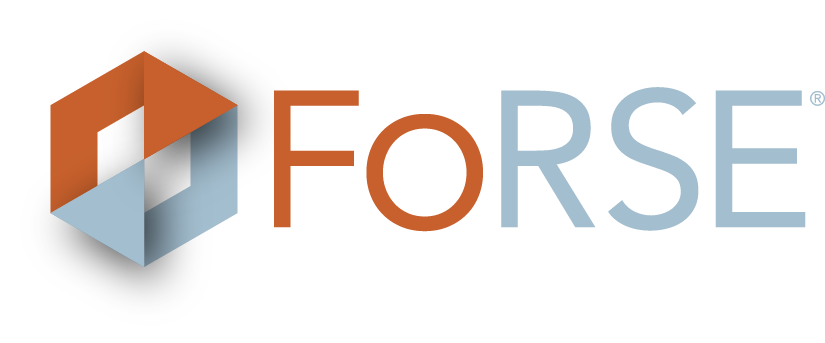AI seems to be everywhere now, including in healthcare. The technology is more advanced than ever, and staffing shortages, burnout, and other administrative burdens can be addressed by AI healthcare tools now.
Who Is Using AI in Health Care?
The global market share of AI in healthcare passed $26 billion in 2024 and is expected to pass $600 billion by 2034. And, in the first quarter of 2024 alone, nearly one-third of healthcare companies were using AI. As AI technology continues to develop more and more healthcare companies will leverage it for everything from scheduling to diagnosis.
What Can It Do?
Different types of healthcare companies are all turning to AI for different things. Researchers, especially in life sciences, are seeing great results when identifying patients for trials or even aiding in diagnosing. Among insurers, AI is helping with prior authorization and utilization management. For health systems and providers, current AI technology is great at engaging with patients when scheduling and aiding in records management.
AI—in its current state—is great at repetitive, codified tasks that can be executed according to specific rules. Artificial general intelligence (AGI), which would be able to learn and adapt like humans to do different tasks, still hasn’t been developed. Even though large language models like ChatGPT can generate conversational language, they are limited to narrow functions and work better with specific prompting.
Using AI to Improve Healthcare Administration
The healthcare sector has been cautious about how AI is or should be used, and patients aren’t yet convinced of the benefits AI would have on their direct treatment. But administrative tasks, especially repetitive ones, can be assisted by AI, which can help lighten the burden caused by staffing shortages and lead to better patient care.
Records Management and Summaries
Providers deal with large amounts of information for every patient they see. Manually processing this information in order to create personalized recommendations or treatment plans can pose challenges. One thing that AI is great at right now is recognizing, organizing, and summarizing large amounts of information.
Take, for instance, biopsychosocial assessments in behavioral healthcare. Having an AI program process the complex background of your patients and develop an actionable summary can allow you to meet them where they are on their treatment journey more quickly. Then, after they’ve completed individual and group therapy, session notes can also be summarized so you can pick up right where you left off the next time they come in.
Customer Relationship Management
Reaching out to patients for routine appointments and reminders costs your team time. Generative AI programs can automate touchpoints, creating unique or templated messages to send to patients at different times during their treatment journeys.
AI can also help check for form compliance and delivery. Automatically reaching out to patients when they have documents needed for treatment and ensuring they are completed with accurate information streamlines workflows and gives staff more time to focus on giving patients care.
Unlock AI-Powered Efficiency with Sunwave Health
Sunwave’s Mental-Health Artificial Reasoning Agent (MARA) has completely transformed how we think about behavioral health documentation. From biopsychosocial summaries and history and physicals to outreach, administrative tasks have never been easier than with MARA, and we’re saving clinicians thousands of hours every week so they can focus on what matters most—serving patients.
Schedule a demo online or call 561.576.6037 to find out how you can bring your practice into the future with Sunwave and MARA.



